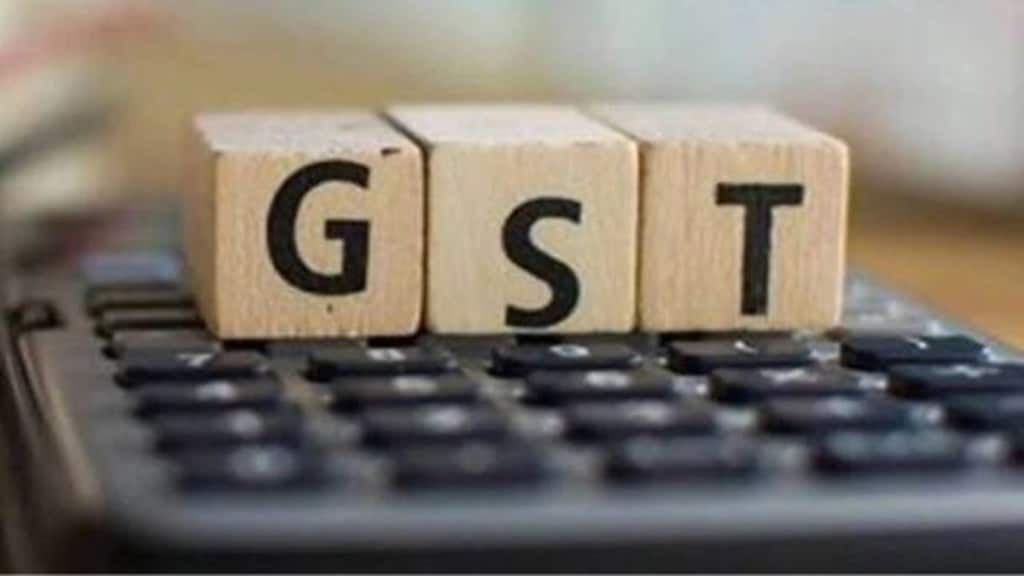After the commotion on goods and services tax (GST) on Wednesday, Finance Minister Nirmala Sitharaman clarified that the 28% tax will be levied on the deposit/face value and not on the gameplay amount. What this essentially means is if an online player deposits Rs 1,000 in a wallet, then she or he will have to pay 28% GST on that amount. This can now function in two ways a player can either recharge a wallet with Rs 1280 – of this Rs 280 will be deducted as GST or the player can recharge with Rs 1,000 and Rs 280 gets deducted or taxed and the player is left with Rs 720 to play. According to Sitharaman, this decision was not reached unanimously with Delhi asking for a complete review of the decision while Goa and Sikkim which had agreed on high tax had also asked to reconsider the decision. “It was also decided that those where in online gaming is banned such as Tamil Nadu, no taxation would be levied. Other states such as Uttar Pradesh, Maharashtra, West Bengal, and Gujarat, among others, had asked this to be implemented at the earliest,” she said.
The new set of regulations will be implemented starting October 01, 2023, and post six months the Council review it. This essentially means that the six-month period ends in April 2024. States Furthermore, the council has also created a provision to add digital assets and currencies. So if any payment is made in the form of tokens or cryptocurrencies, that too will fall under the provision of 28% GST. “On GGR if a 28% GST is levied then the realisation is just 11-12% and if its 18%, the realisation is further reduced to seven to eight per cent, hence, the actual realisation is a lot less,” Sitharaman, explained.
However, the online gaming industry feels that the new regime will increase the burden substantially. “ While clarifying and resolving uncertainty, the new tax framework will lead to a burdensome 350% increase in GST and set the Indian online gaming industry back several years. However, it will allow gaming companies a fighting chance to innovate and rebuild the foundation of gaming in India,” an official spokesperson of the Federation of Fantasy Sports and E-gaming Federation, said in a joint statement.
Agreed, Sandeep Chilana, a tax expert and gaming lawyer, added that this meeting decision puts game developers and users at a 28% GST. “Video decisions require a unanimous agreement, so we are yet to see the implementation,” he noted
The Finance Minister went on to say the valuation of the supply of online gaming and actionable claims in casinos may be done based on the amount paid or payable to or deposited with the supplier, by or on behalf of the player (excluding the amount entered into games/ bets out of winnings of previous games/ bets) and not on the total value of each bet placed. The industry feels that catch resides here. “What is to be seen is how this works out. For instance, if a player wagers Rs 100 of that if Rs 72 is paid to the supplier in this case the online gaming company. Here money paid to the platform will be taxed at 28% which the company should ideally deposit at the end of every month,” Gowree Gokhale, partner, Nishith Desai Associates, said.
The council has also recommended that the CGST Rules, 2017 may be amended to insert specific provisions for the valuation of the supply of online gaming and the supply of actionable claims in casinos accordingly. The Council also recommended the issuance of certain notifications/amendments in the notification related to the issue.
The FM further explained that the council has also recommended to insert a specific provision in IGST Act, 2017 to provide for liability to pay GST on the supply of online money gaming by a supplier located outside India to a person in India, for single registration in India for the said supplier through a simplified registration scheme and also for blocking of access by the public to any information generated, transmitted, received or hosted in any computer resource used for supply of online money gaming by such supplier in case of failure to comply with provisions of registration and payment of tax. Interestingly to this industry has reacted positively as this move block offshore companies. “By including VDA, they have plucked the overseas gaming platforms that have no base in India and operate only on cryptos or alike if they have an Indian customer base. It will be interesting to see how Government will keep track of compliance by overseas players and how much effective blocking work as operating through changed IP address is a common phenomenon in the industry,” Ankur Gupta, practice leader- indirect tax, SW India, highlighted.


